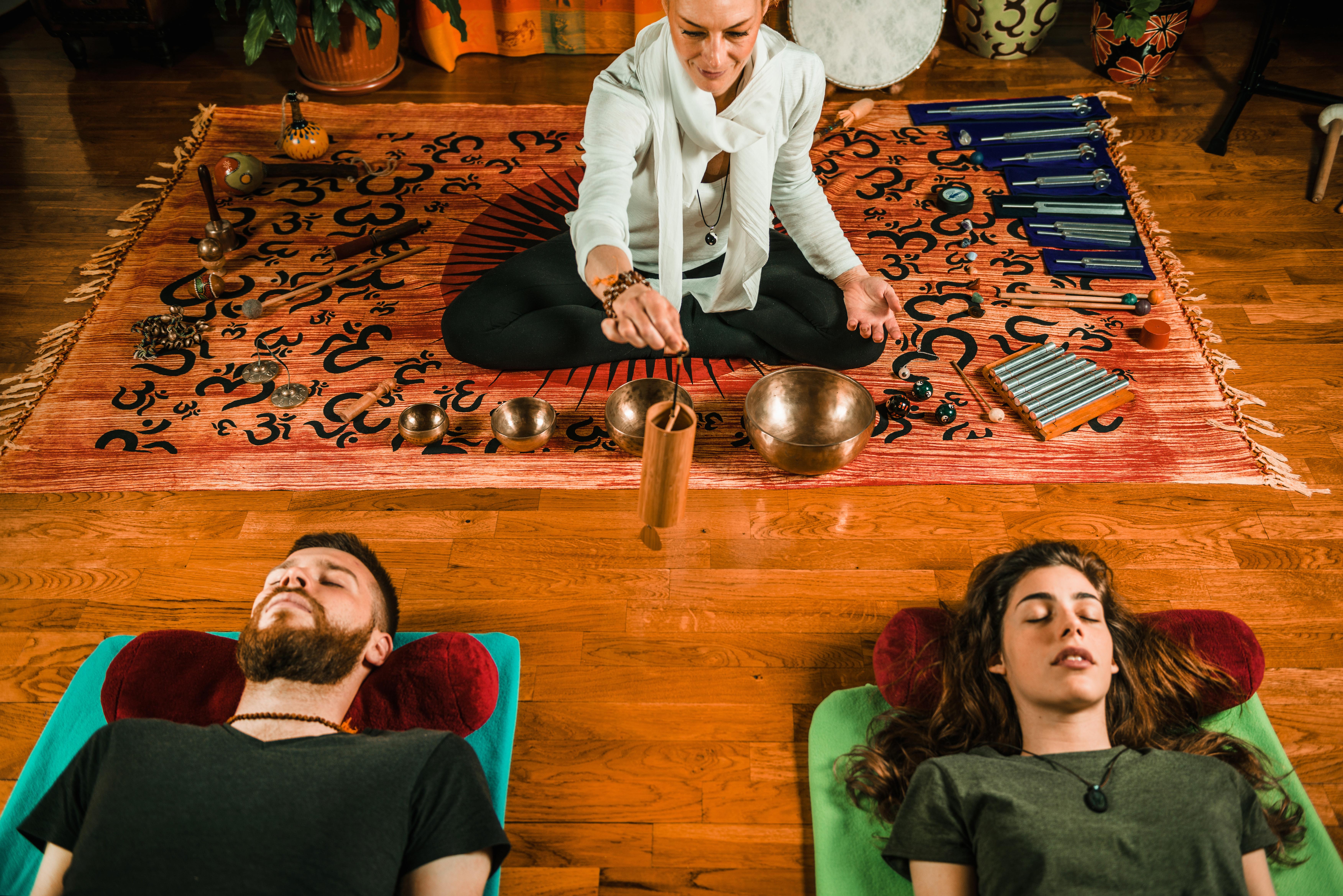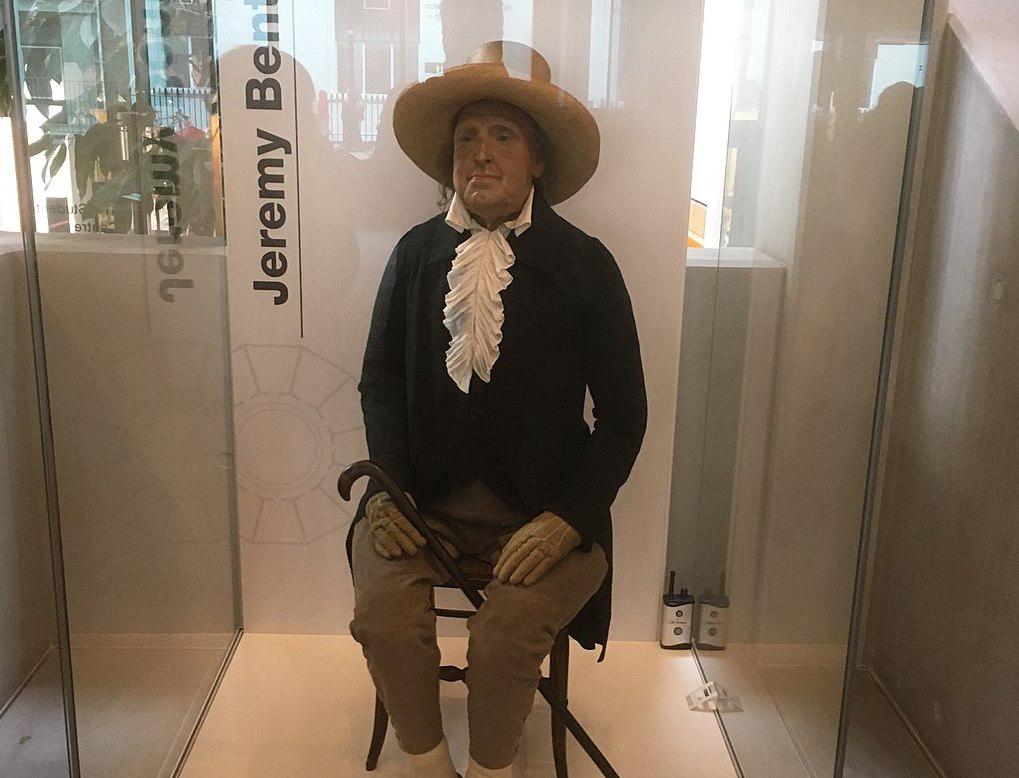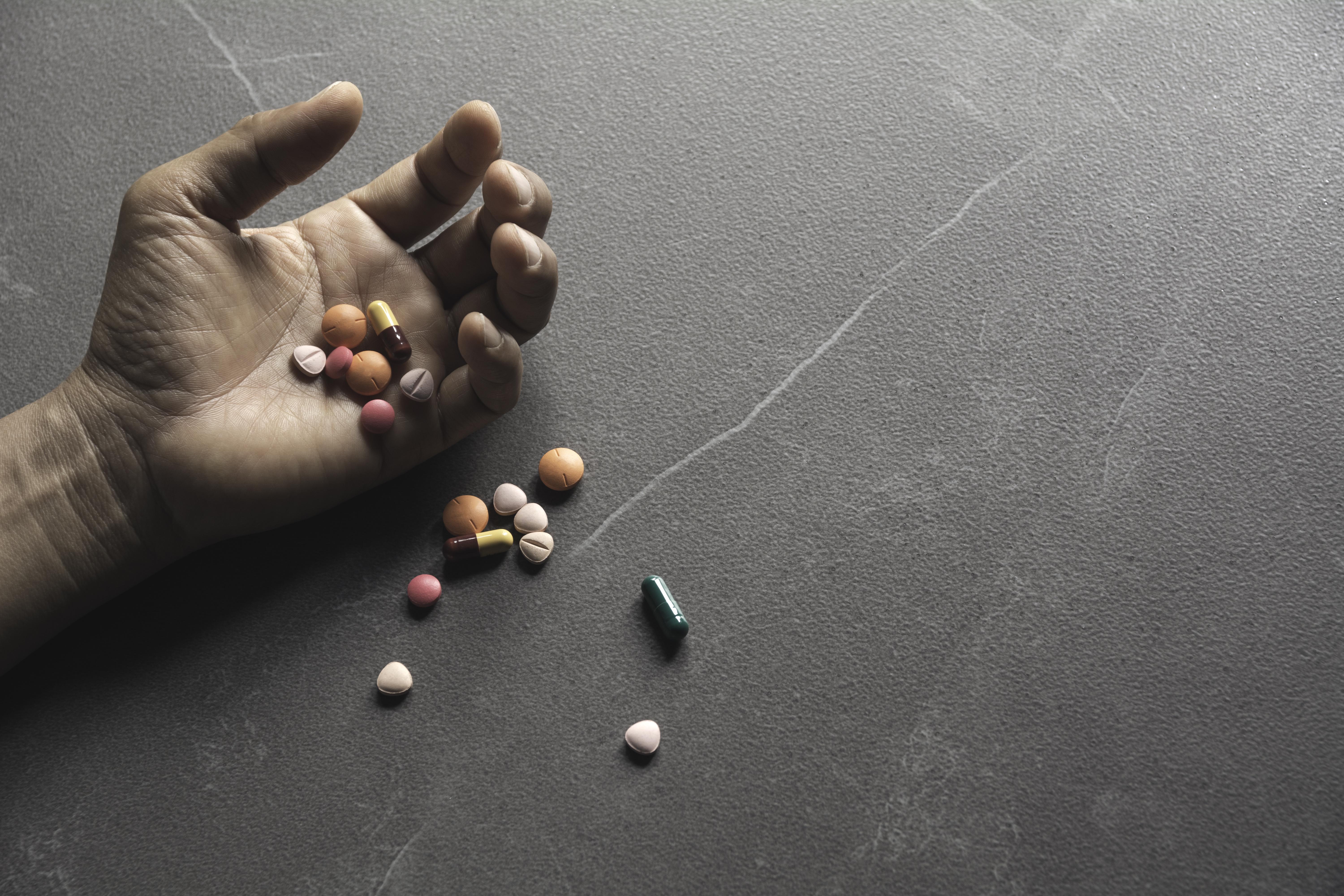Author and New Yorker staff writer Ariel Levy makes a startlingly blunt observation about death here: “That’s life,” she says. “That’s the price we pay to keep being here as living people, that’s the human condition: you lose the people you love.” It’s a hard metaphor to swallow, but for someone who lost her spouse, her son, and her house, all in a two-month period, she’s somewhat of an expert of being able to look at grief in a pragmatic and practical way. Ariel’s poignant memoir on the subject, The Rules Do Not Apply, is out now.
Ariel Levy: Well, I'm not hugely optimistic at this particular moment about the fate of the world, so I can't lie about that.
What I can say is that when I was in an intense state of grief and I had lost my son and my spouse and my house within a two month period, after the initial period of being like “I am F’d,” like, “This is not going to be okay. I'm going down,” eventually finding little nibs, little molecules in the air of hope about like a little thing, just like seeing a friend I really loved and remembering all the good times we'd had had like over 30 years or whatever, and then having like a little spot of hope like “maybe we'll have a good time again at some point.”
Maybe some other wonderful thing. Just anywhere you can find a little second of hope and feel grateful for it and sort of dig into it, that's the way through the tunnel of grief.
I mean that's what I've heard from a lot of people who I've been in communication with since this book came out and people then write to me about their experiences and come and tell me: that's how you live through, is like you just find some hope and it's like a little tiny fire and you blow on it until you've got yourself like a little hope “fire” going and then you can get through.
I think that when you lose a person or a marriage or suffer a trauma—but the main thing I'm thinking about is loss, when you lose someone—I mean first of all, that's life, that's the price we pay to keep being here as living people, that's the human condition: you lose the people you love.
And trying to sort of plow through that and look for the good in it? I don't think that works.
I think the way through pain is suffering, is like leaning into the suffering and being like “I’m going to actually go ahead and suffer my guts out.”
But throughout the process, moments of hope, if you're open to them, they come, and that's the way to keep going—is to find like where are there bits of hope and how can you be grateful for them and like feed them so that you can find some excitement about staying alive?





